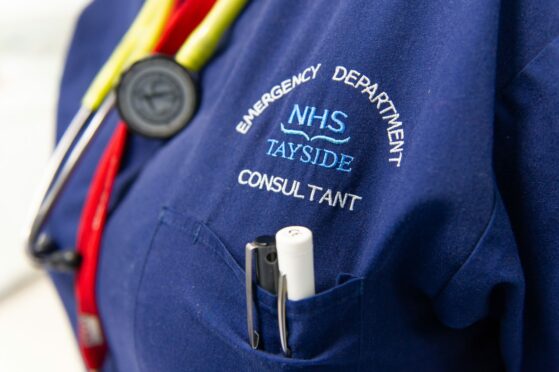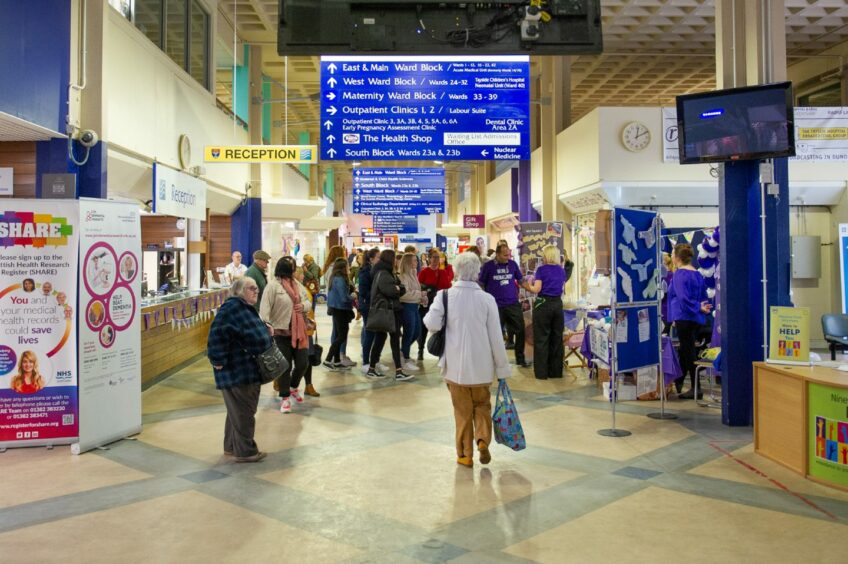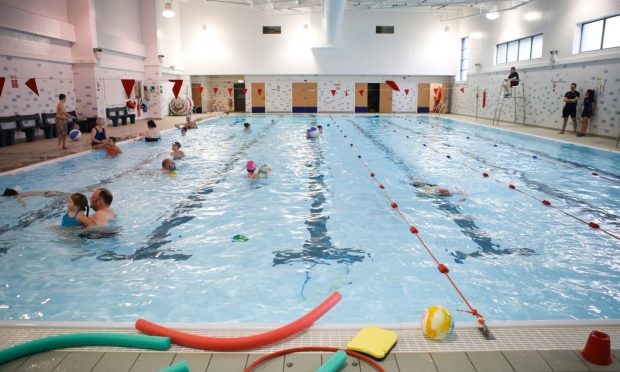Visitors to most Tayside hospital wards no longer have to pre-book as Covid-19 rules are relaxed.
From Friday, appointments are not necessary, with the exception of visitors to oncology, haematology and renal services.
Visitors are asked to discuss specific arrangements with senior charge nurses and midwives and NHS Tayside says in circumstances where it is still not safe for a patient to receive visits the situation will be kept under review.
Visitors will be allowed to touch loved ones however are reminded that social distancing will help reduce the risk of Covid-19 transmission.
The wearing of fluid-resistant face masks, available at NHS Tayside hospital entrances, is still required.
What should visitors do?
NHS Tayside has issued the following advice for visitors:
- It is recommended to take a lateral flow test before visiting. They can be ordered online or by calling 119.
- Do not visit if you are unwell, have symptoms of coronavirus, or are isolating.
- Wash hands frequently and use alcohol-based hand sanitiser.
- Movement around the hospital must be limited as much as possible and any gathering in public areas of the hospital must be avoided.
Maternity and neonatal services
If visiting maternity and neonatal wards, there are more rules in place.
- A negative LFT coronavirus result is required
- One support person can accompany a pregnant woman to all scans and appointments.
- One birth partner throughout labour and birth. A second birth partner may also attend – speak to your midwife to arrange..
- One support person can visit the postnatal ward at any time.
- Any additional visitors are welcome to the postnatal ward between 1pm and 6pm with no more than two people per mother at any one time, including essential birth partner.
- One sibling per day is welcome to visit their new brother or sister on the postnatal ward.
- In neonatal units, both parents can be with baby at any time. Two additional visitors can attend following a risk assessment..
- Only one sibling can visit the neonatal unit per day unless under exceptional circumstances.
Outpatient clinics
Those attending outpatient clinics are still asked to come alone, apart from children and vulnerable adults, who can be accompanied by one person.












Conversation